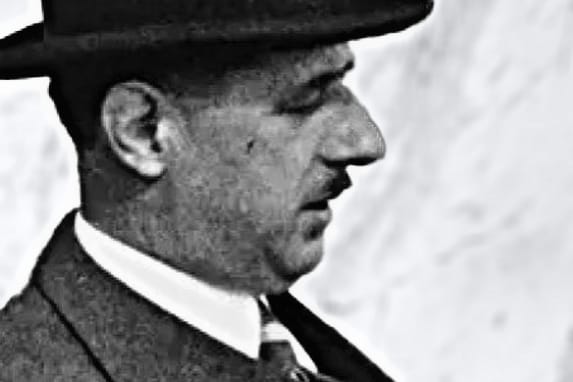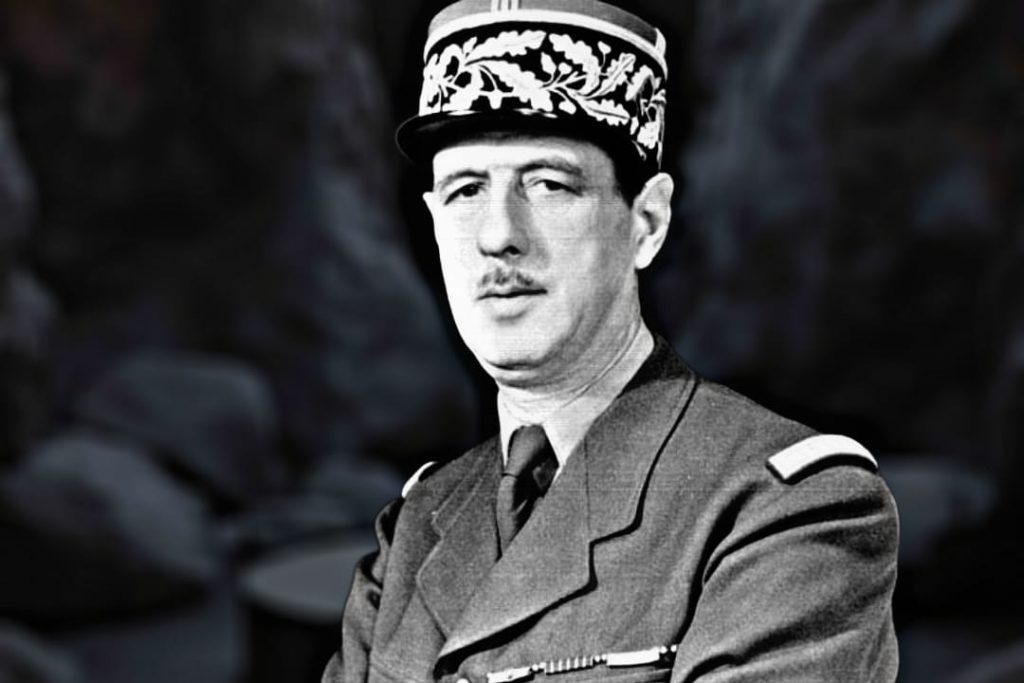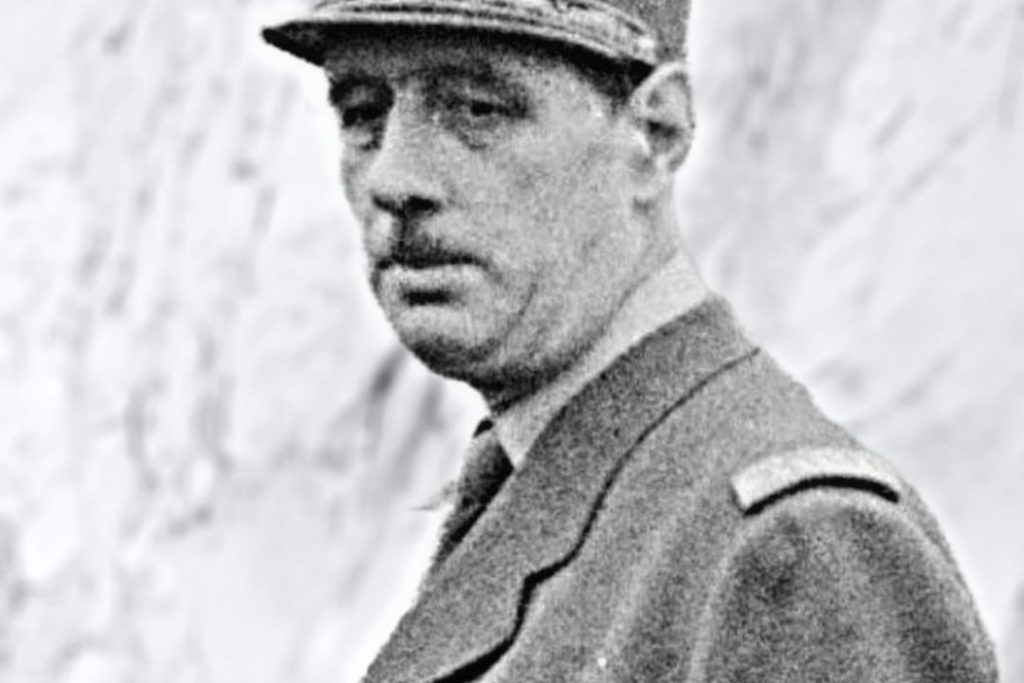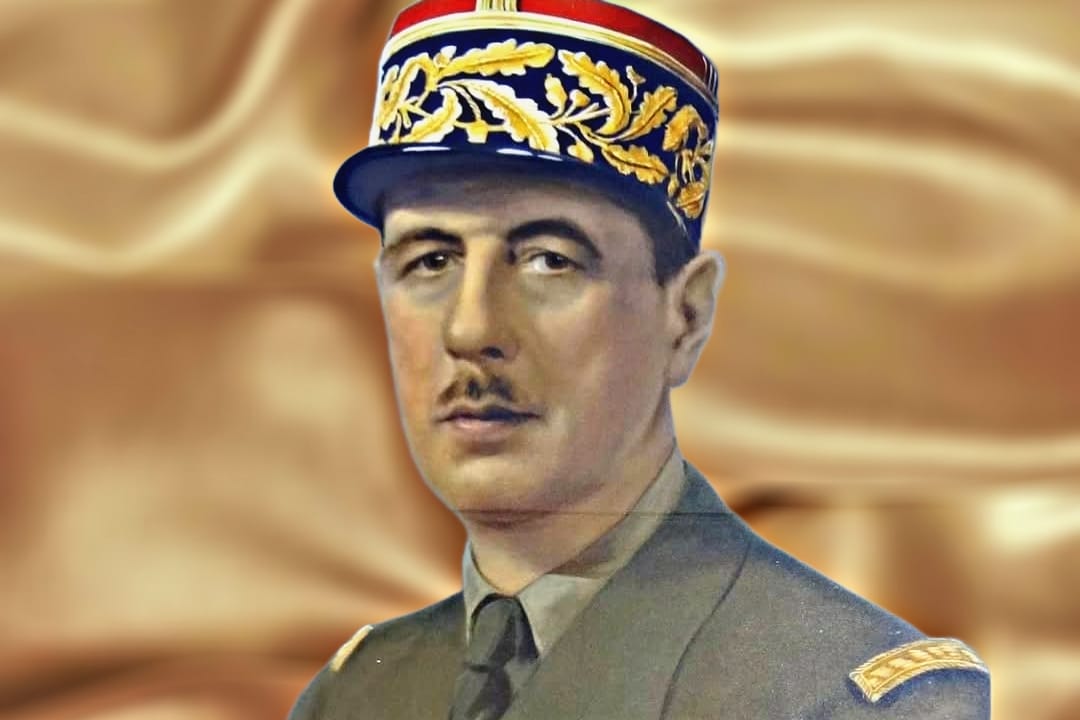Charles de Gaulle stands as one of the most significant figures in modern French history. Revered as a visionary leader and a symbol of French independence, Charles de Gaulle influence reached far beyond the borders of France. His actions shaped the fate of his country during its darkest hours, and his leadership laid the foundations for a modern and powerful French state. Whether as the leader of the Free French Forces during World War II, the architect of the Fifth Republic, or a pivotal figure in international diplomacy, de Gaulle’s contributions to France and the world remain undeniable.
In this article, we will explore the life and legacy of Charles de Gaulle, focusing on his military leadership, political achievements, and philosophical influence on France’s identity. We will also delve into his leadership during the Second World War, his vision for a unified Europe, and the foundation of the Fifth Republic that redefined the political landscape of France. Additionally, we will discuss his personal beliefs, controversies, and the lasting impact of his leadership.
Early Life and Military Career

Charles André Joseph Marie de Gaulle was born on November 22, 1890, in Lille, France, into a family of intellectuals and devout Catholics. From an early age, de Gaulle exhibited strong leadership qualities, but his path toward becoming one of the world’s most influential statesmen would take years to unfold.
Charles de Gaulle attended the Saint-Cyr Military Academy, where he trained as an officer. His early military career was marked by a deep sense of duty, but it was also characterized by the challenge of rising through the ranks in an often conservative and bureaucratic military establishment. His views on military strategy were unconventional. Charles de Gaulle believed that modern warfare required new forms of tactics, including mechanized warfare and the use of tanks, long before they became the standard in military strategy.
His theories would later influence the French military and its approach to the Second World War. Charles de Gaulle early career was also marked by several unsuccessful military campaigns, including his imprisonment during World War I. Yet, his resilience and forward-thinking military philosophy set the stage for his future role as a military and political leader.
World War II: The Birth of the Free French Forces
Charles de Gaulle legacy truly began to take shape during World War II. As the German invasion of France in 1940 quickly overwhelmed the country, Charles de Gaulle, then a brigadier general, was thrust into the spotlight. At the time, France’s government, led by Prime Minister Paul Reynaud, made the controversial decision to surrender to Nazi Germany. However, de Gaulle, firmly opposed to surrender, refused to accept the defeatist terms and fled to London.
On June 18, 1940, in a radio broadcast from London, Charles de Gaulle famously declared: “France has lost a battle, but France has not lost the war.” This marked the beginning of the Free French Forces, an organized resistance movement that aimed to continue the fight against Nazi Germany. De Gaulle’s unwavering resolve and leadership inspired French citizens and soldiers worldwide to join the resistance against the Nazi occupation of France.
Charles de Gaulle leadership during the war was not without challenges. While he remained committed to a French-led resistance, he struggled with maintaining unity among the various resistance factions. His vision for a post-war France, however, was clear: he wanted a free, independent France that could stand apart from the political and economic domination of any foreign power.
In 1944, after the D-Day landings and the subsequent liberation of France, de Gaulle returned to Paris as a hero. His leadership of the Provisional Government of the French Republic was instrumental in restoring French sovereignty after years of Nazi occupation. Despite his political disagreements with the Allies, particularly with the United States and the United Kingdom, de Gaulle remained committed to maintaining France’s independence and honor in the post-war world.
The Foundation of the Fifth Republic

After the war, France faced immense challenges in rebuilding its political, economic, and social structures. The Fourth Republic—established after the war—was deeply unstable, plagued by political infighting, frequent changes in government, and the looming crisis of French decolonization. The French were also facing the ongoing Algerian War of independence, which put immense pressure on the government.
By the late 1950s, many in France believed that the country needed a strong leader capable of providing both political stability and a new direction for the future. In 1958, amid growing turmoil, Charles de Gaulle was called upon to return to power. He agreed to take up the mantle of leadership, but only under the condition that a new constitution would be drafted to provide the president with greater executive powers. The result was the Constitution of the Fifth Republic, which was approved in a national referendum in 1958.
As the newly elected President of the Fifth Republic, Charles de Gaulle set about restructuring France’s political system, consolidating the powers of the presidency, and moving away from the parliamentary system that had plagued the Fourth Republic. Under his leadership, France experienced a period of political stability, economic growth, and global influence. His presidency lasted from 1959 to 1969, and his reforms had lasting consequences on French governance.
De Gaulle and the Algerian Crisis
One of the most significant and controversial aspects of de Gaulle’s presidency was his handling of the Algerian War of Independence. For years, Algeria had been considered a French colony, and the French government, along with the French military, was committed to keeping Algeria under French control. However, as nationalist movements gained strength, the conflict escalated into a brutal war that threatened to divide France.
Initially, Charles de Gaulle was seen as a staunch supporter of maintaining Algeria as a part of France. However, as the war continued and public opinion shifted, he surprised many by proposing a political solution that would eventually lead to Algerian independence in 1962. His decision to negotiate with the National Liberation Front (FLN) was highly controversial and led to a series of political crises, but it ultimately resulted in the Evian Accords, which granted Algeria independence and ended the war.
Charles de Gaulle decision to grant Algeria independence was both a pragmatic and moral choice. While it caused a major rift within French society, it helped solidify de Gaulle’s legacy as a leader who prioritized the interests of the nation over entrenched ideologies. His vision for France as an independent and self-sufficient power, free from colonial entanglements, marked a turning point in French politics and foreign policy.
De Gaulle’s Vision for Europe

Charles de Gaulle foreign policy was centered around the belief that France should play a leading role in European and global affairs. He was a firm advocate for European unity, but on his own terms. He strongly believed that France should never be subjugated to the influence of larger powers, especially the United States and the Soviet Union.
Charles de Gaulle was instrumental in the creation of the European Economic Community (EEC), the precursor to the European Union, but he was skeptical of supranational institutions that could undermine French sovereignty. One of his most significant actions in the realm of European diplomacy was his decision to veto Great Britain’s entry into the EEC twice, in 1963 and 1967. De Gaulle believed that Britain’s entry into the EEC would shift the balance of power within Europe too much in favor of the Anglo-Saxon world, particularly the United States.
Charles de Gaulle vision for Europe was one where France could be the driving force of European cooperation, but without surrendering its national sovereignty. He also sought to create a European Defense Community that would reduce Europe’s dependence on the United States for military protection.
Philosophy and Legacy
Charles de Gaulle political philosophy was heavily influenced by his belief in the independence and greatness of France. He rejected ideologies that he believed undermined the nation’s sovereignty, such as Communism, fascism, and American-style capitalism. His strong sense of national pride and Gaullist ideology emphasized the importance of French identity, self-determination, and national unity.
His leadership was defined by a few core principles: a commitment to national sovereignty, a strong centralized government, and a belief in France’s exceptional place in world history. De Gaulle’s political philosophy was also shaped by his military experience, particularly his belief in the importance of military strength and preparedness.
Charles de Gaulle influence extended beyond the political and military realms. He was also a philosophical leader, and his legacy continues to shape modern French thought. His vision for Europe, French identity, and the role of the state remain key aspects of contemporary debates in France.
The End of Charles de Gaulle Presidency and His Lasting Impact
v presidency came to an end in 1969 after he proposed a series of political reforms, including decentralizing some powers to regional governments. When the referendum on these reforms failed, de Gaulle chose to resign rather than face a compromised presidency.
Although he retired from politics, Charles de Gaulle influence did not fade. He continued to be a prominent figure in French politics until his death in 1970. His legacy as a statesman, military leader, and visionary remains a cornerstone of modern French identity.
Key Aspects of Charles de Gaulle Legacy
- The Fifth Republic: Charles de Gaulle political vision created a stable, centralized French government that still exists today. His reforms transformed the French political system and solidified the power of the presidency.
- Independence and Sovereignty: Charles de Gaulle foreign policy emphasized the importance of French sovereignty and national independence. His stance on Algeria and Europe reshaped France’s role in the world.
- European Integration: Charles de Gaulle vision for a united Europe was pragmatic, emphasizing intergovernmental cooperation without sacrificing national sovereignty.
- Military and Defense: Charles de Gaulle belief in France’s nuclear deterrent and the importance of military independence continues to influence French defense policy.
Conclusion
Charles de Gaulle’s life and leadership exemplify the spirit of resilience, vision, and self-determination. Whether leading the Free French Forces during World War II, navigating the complexities of post-war French politics, or championing a vision for a unified Europe while safeguarding French sovereignty, Charles de Gaulle legacy endures.
His philosophy and actions still influence France’s political, military, and cultural identity today. As a leader who shaped the destiny of a nation and the course of European history, Charles de Gaulle remains an icon of leadership and national pride, and his story is a testament to the power of vision in shaping the world.

